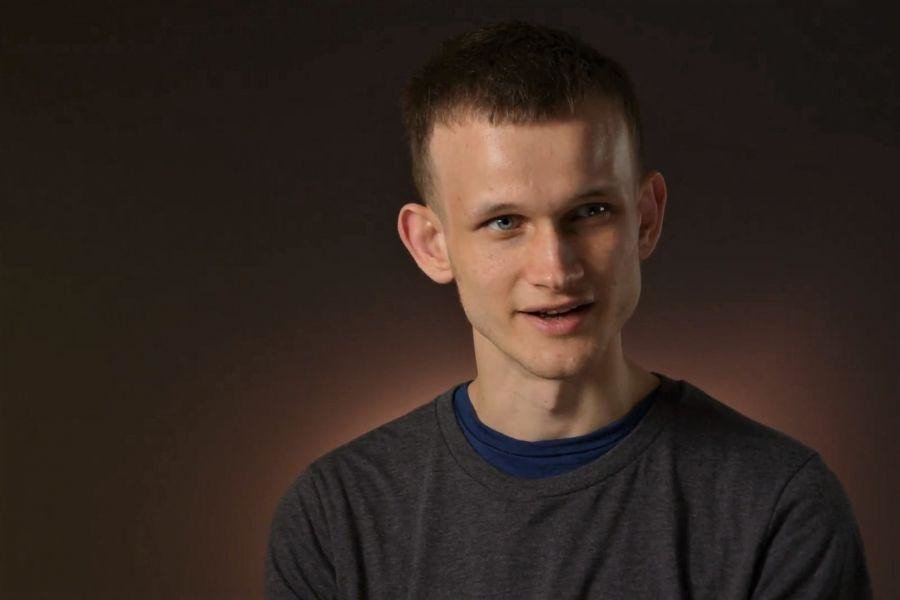Vitalik Buterin, the co-founder of Ethereum, has denied allegations that the network’s Layer-2 (L2) solutions carry a potential danger of confiscating users’ cash. He asserts that these solutions do not have the power to unilaterally remove assets.
This follows recent debates on social media regarding the security of Ethereum’s Layer 2 (L2) networks, with a specific focus on platform X. Justin Bons, the founder and Chief Investment Officer (CIO) of Cyber Capital, contended that Layer-2 networks possess inherent risks because of their centralized structure.
He proposed that these networks have the potential to readily misappropriate users’ assets. Mert Mumtaz, one of the co-founders and the CEO of Helius, concurred with Bons, characterizing the potential hazards as “extremely unreasonable” considering the advanced technical capabilities of these Layer-2 solutions on the Ethereum mainnet.
Buterin promptly replied, clarifying that Ethereum Layer-2 solutions are unable to confiscate users’ assets without substantial consensus. The oversight of governance concerns is entrusted to a security council, which mandates a voting threshold of no less than 75% to reach any significant decisions.
A minimum of 26% of the council members must have no affiliation with the corporation responsible for the Layer-2 solution, to guarantee a certain degree of decentralization.
Buterin also responded to concerns about his recent divestment of Ethereum (ETH), emphasizing that these sales were not driven by personal gain but rather aimed at backing significant initiatives both within and beyond the Ethereum network.
He reassured the community that his intentions are in line with the overarching objectives of the Ethereum ecosystem and philanthropic endeavors.
Although Buterin has provided reassurances, several members of the community maintain skepticism, with Mumtaz arguing that Buterin should not presume the intentions of the groups supporting these Layer-2 solutions.



